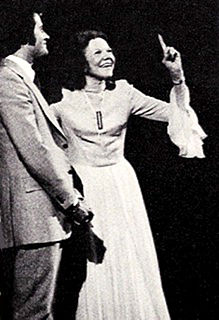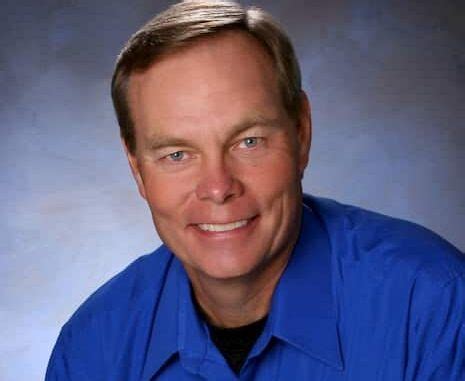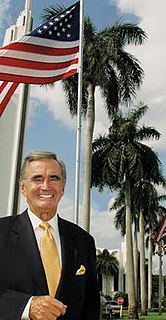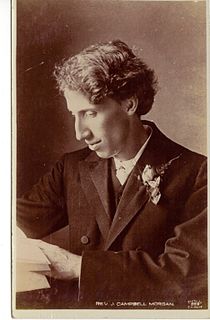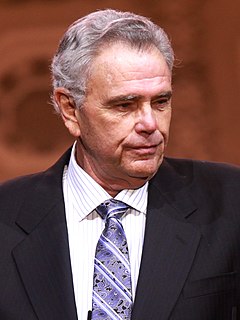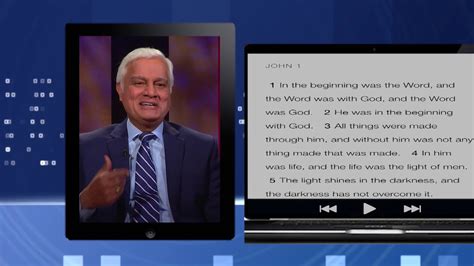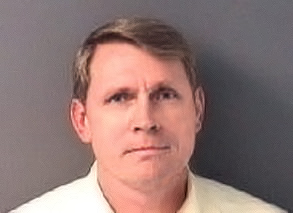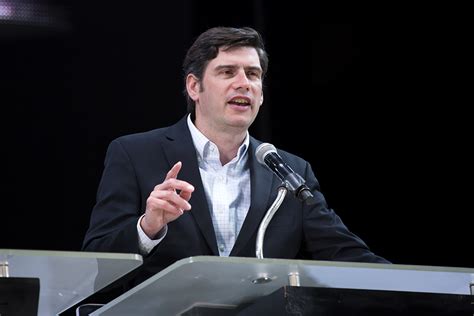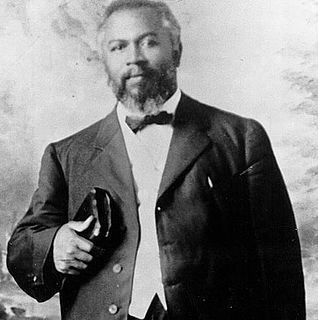A Quote by Kathryn Kuhlman
Any truth, no matter how valid, if emphasized to the exclusion of other truths of equal importance, is practical error.
Related Quotes
Error is a supposition that pleasure and pain, that intelligence, substance, life, are existent in matter. Error is neither Mind nor one of Mind's faculties. Error is the contradiction of Truth. Error is a belief without understanding. Error is unreal because untrue. It is that which stemma to be and is not. If error were true, its truth would be error, and we should have a self-evident absurdity -namely, erroneous truth. Thus we should continue to lose the standard of Truth.
Calvinism emphasizes divine sovereignty and free grace; Arminianism emphasizes human responsibility. The one restricts the saving grace to the elect; the other extends it to all men on the condition of faith. Both are right in what they assert; both are wrong in what they deny. If one important truth is pressed to the exclusion of another truth of equal importance, it becomes an error, and loses its hold upon the conscience. The Bible gives us a theology which is more human than Calvinism and more divine than Arminianism, and more Christian than either of them.
Freedom of expression is the well-spring of our civilization... The history of civilization is in considerable measure the displacement of error which once held sway as official truth by beliefs which in turn have yielded to other truths. Therefore the liberty of man to search for truth ought not to be fettered, no matter what orthodoxies he may challenge.
Man is made of opinions,—of truth and error; and his life is a warfare like all other lives before him.... Man goes on developing error upon error till he is buried in his own belief.... It is the office of wisdom to explain the phenomena in man called disease, to show how it is made, and how it can be unmade. This is as much a science as it is to know how to decompose a piece of metal.
Gradually, ... the aspect of science as knowledge is being thrust into the background by the aspect of science as the power of manipulating nature. It is because science gives us the power of manipulating nature that it has more social importance than art. Science as the pursuit of truth is the equal, but not the superior, of art. Science as a technique, though it may have little intrinsic value, has a practical importance to which art cannot aspire.
There never is any such thing as one truth to be found in dramatic art. There are many. These truths challenge each other, recoil from each other, reflect each other, ignore each other, tease each other, are blind to each other. Sometimes you feel you have the truth of a moment in your hand, then it slips through your fingers and is lost.
